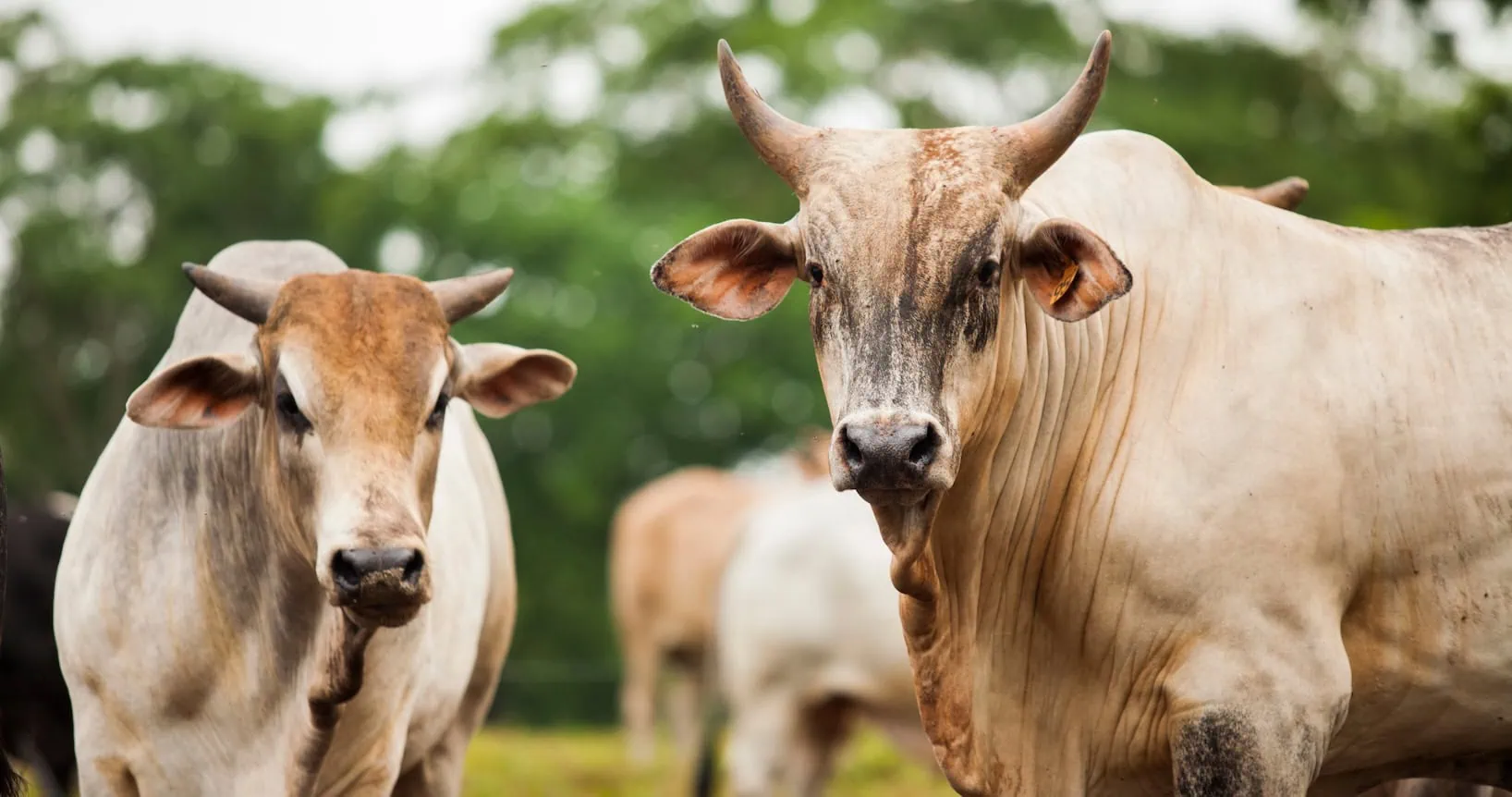US President Donald Trump’s threat to impose a 50% tax on all Brazilian exports to the US from 1 August could significantly affect supply and pricing of Brazil’s key agri products and trigger global ripple effects.
Brazil is a key global food exporter, with soybeans, sugar, coffee, and beef at the top of its commodities export list. We examine key Brazilian exports to see what’s at stake if the US tariffs come into effect and what countries could gain increased market share.
Top exporter
Brazil is the world’s largest exporter of beef and one of the US’ biggest suppliers. Last year, it shipped 229,000 metric tons of beef to the US, generating $US1.35 billion in revenue, according to DatamarNews. Brazil is also the biggest coffee producer globally, supplying the US with nearly 17% of its total coffee exports.
Although it mainly ships orange juice to the US, Brazil is the leading exporter of oranges globally. In the 2024/25 harvest season, Brazil exported around 235,500 metric tons of orange juice to the US, according to CitrusBR. This represents a significant portion of Brazil’s total orange juice exports, with the US accounting for 37%.
It’s also worth noting that although the US is a significant trade partner for Brazil, China (#1) and the EU (#2) are bigger destinations for agri exports, according to Brazilian government figures.
Coffee
According to Trading Economics, Brazil exported almost US$2 billion of coffee to the US last year. If the US tariffs make Brazilian beans more pricey, major exporters like Vietnam, Colombia, and Indonesia could see increased demand for their products in the US.
Beef
Rabobank figures show the US has been the second-largest buyer of Brazilian beef since 2022, accounting for 8% of Brazil’s beef exports in 2024, behind only China. If tariffs make Brazilian beef more expensive, countries like Argentina and Australia, also major exporters to the US, could potentially increase their sales.
There has been a rise in global beef prices lately due to increased demand, which is likely to push prices even higher. Fewer cull cows are being sold as producers rebuild herds, which means less meat available in the short term.
Strong consumer demand is keeping cattle prices high, and supply response will take time to materialize, so beef prices are likely to stay firm for now. If Brazil exports less to the US, more supply will be available for the EU and China, which could help normalize prices there.
Orange juice
Brazil currently pays a tax of US$415 per ton of exported juice, around 15%-20% of the total value of the product. An extra tax could see Mexico, Spain, or Italy become significant orange juice producers, trying to fill the gap.
Other consequences
Tariff impacts remain changeable, with the situation ever evolving. Last week, the US government launched a probe into Brazil’s agricultural trade practices, investigating a range of areas including digital payment services and what it called “illegal deforestation”.
Additionally, potential countermeasures from Brazil could adversely affect other trade relationships. Since Trump’s announcement, Brazilian meatpackers have rushed to adjust shipments, with some even temporarily pausing production meant for the US.
Increased demand from the US might increase domestic production rather than imports from other countries. Conversely, the US also exports dairy, citrus, apples, and stone fruit to Brazil, which could also be impacted by any retaliatory taxes.
What is for sure is that market players will be watching closely as 1 August fast approaches.
This piece was written by Rali Videnova, Market Research Analyst at Vesper and Sade Laja, Writer
Receive the latest commodity analysis straight to your inbox.
